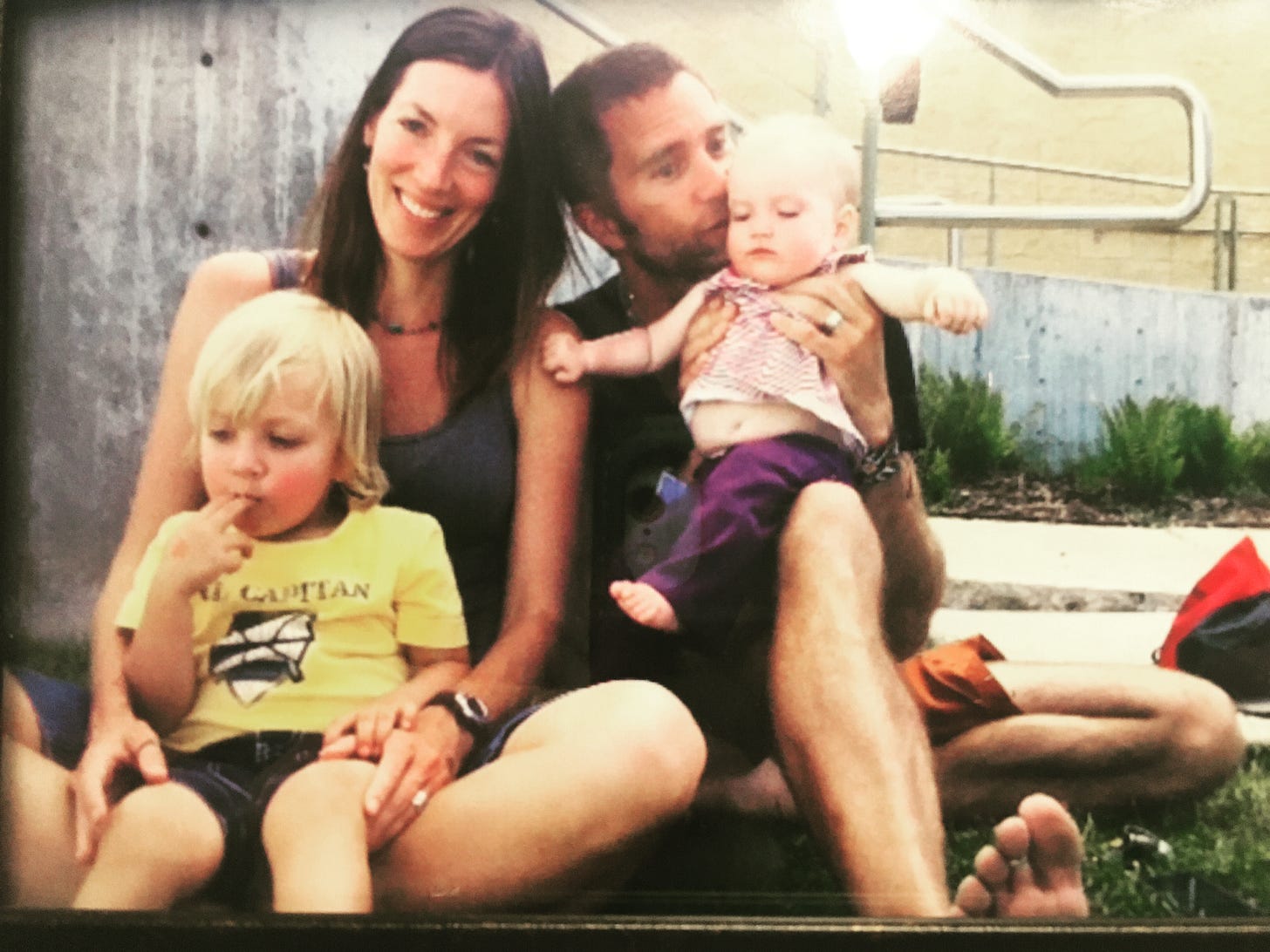After nearly thirty years in the field of mental health, I am clear that long-term relationship satisfaction and connection, and especially deeper bonding, trust, and love, requires daily attentiveness, investment, and prioritization. I call this way of attending to our most important relationships relational longevity–and it is essential to the health and well-being of our most important relationships.
To understand relational longevity, we look to the field of longevity medicine–a burgeoning field aimed at helping people create a higher quality of life, so that their life is lived in the best health possible for as long as possible. Longevity medicine is less focused on simply extending lifespan (although that is part of it), but more so on increasing healthspan: the time spent free of disease while leading a high quality of life as long as possible.
From a longevity and healthspan-oriented perspective, we recognize our minds and bodies require consistent proactive behaviors that support our movement capacity, nutrition quality, sound sleep, and effective stress management. From this perspective, we identify and address behaviors–as well as underlying beliefs and ideas–regarding health and aging that could either promote or limit the healthspan available to us. We understand we can’t afford months and years of being checked out of attending to our health–not without paying a large price down the road. If we want a high quality of mental and physical health, we have to live our lives in a way that supports that from here on out, consistently.
It makes perfect sense to me to apply the concept of longevity to our long term attachment relationships. The strong evidence that the quality of our attachment relationships shapes how we are built and function as humans throughout life indicates how the relational aspect of human health is just as fundamental a pillar of longevity as brain, cardiovascular, musculo-skeletal, or metabolic functioning. Attachment science data shows us that secure attachment relationships provide resilience, capacities, and inner resources that extend across our lifespan, while also providing a relational experience of connection that we need throughout life. From physically building out the brain networks from birth onward, to having the resources to manage stress more effectively, and even mitigating disease later in life, secure attachment has a long term role in how our brains and bodies are built and function physiologically.
Relational longevity involves a mindset and a way of living, geared towards maintaining a high quality of connection in our most important relationships throughout the lifespan. Relational longevity takes the relational aspect of health as seriously as the other health markers. Even though longevity medicine acknowledges the importance of social connection, and mental and emotional health, relational longevity emphasizes the quality of our attachment relationships, since they have such a significant physical and psychological impact on our long term health and sense of well being throughout life.
Unlike an individual longevity program, the challenge to relational longevity for couples is that both partners would need to engage for relational longevity to be possible. If only one of you participates, you will likely be dragging an unwilling or resistant person around, someone who feels like all you want to do is change them, and fears that you will always feel unsatisfied with them and the relationship. That push and pull between you will stress both of you, take up a lot of resources, and contribute to feelings of distress for you both (and affect those who live with you, too). Not to mention the research shows relational distress can take years of your life.
But if you both see the value of relational longevity, you could begin to set yourselves up for a long term experience of a high quality of connection, well being, and overall life satisfaction. You could actually make that happen through actions, gestures, ways of being, and principles you utilize every day that support your long term vision for your relationship. Relational longevity, and all that goes into it, ultimately supports and helps you actively move toward the long term desires and outcomes you both have for your relationship and your life.
The people in our lives that depend on us most–our attachment relationships with partners and children–are primary to our sense of security and well-being in the world, and these relationships shape our development throughout life. When attachment relationships function in a way that supports our sense of security, our physical and psychological well being is enhanced, and our capacity to grow and develop is supported–not only throughout childhood but our entire lifespan.
Much like longevity oriented approaches to healthspan aren’t one and done, relational longevity work isn’t necessarily easy, quick, or comfortable either (in fact, it isn’t any of those things), but I argue it is worth doing for all the physical, mental, and spiritual health benefits for you and your loved ones. Relational longevity will have you thinking more deeply and strategically than you’ve ever thought about the relationships you are most invested in. You will need to learn relational skills (that you may think you already know, however, there’s a good chance you have more to learn here, as we all do) and develop your relational capacities. You will grow and develop as a person, enjoy more connection with those you love, for longer and more often. And this will impact your overall health in a really good way.
I want to show you how you can move the biggest levers in your attachment relationships in the most efficient way, adding up to big value down the road. If this intrigues you, subscribe to my Substack to learn more about where to begin, what relational longevity means and how it works, and join me in investing in the relational area of life that is so essential to your well being, health, and a life well lived.




